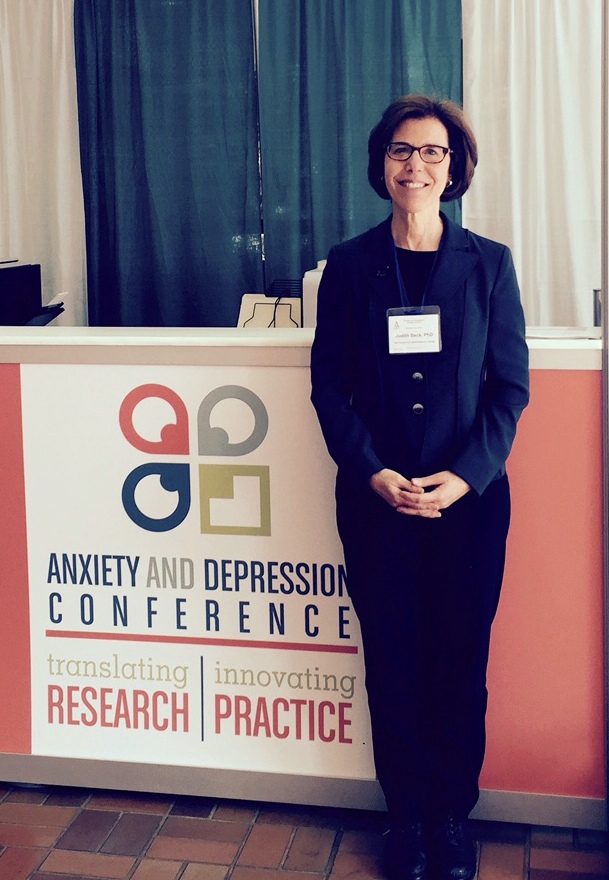I recently presented a Master’s Clinician Class at the Anxiety and Depression Association of America. My topic was cognitive conceptualization of personality disorders. I asked for a volunteer to describe a case so as a group, we could conceptualize the client, using the Cognitive Conceptualization Diagram (Beck, 2005). I have changed certain details to protect the client but his difficulties are fairly typical of someone with avoidant personality disorder.
I have changed certain details to protect the client but his difficulties are fairly typical of someone with avoidant personality disorder.
Joe is a 52 year old man who developed PTSD 32 years before, following a series of traumatic incidents. For a long time, he lived with his family and led a fairly reclusive life. He then moved into subsidized housing which he dislikes.
Joe has been in and out of therapy for many years with many therapists. Although he no longer displays symptoms of PTSD, and hasn’t for a long time, he suffers from dysthymia. His anxiety is fairly low as he avoids situations that could lead to distress. He hasn’t had a job since he developed PTSD and has made only half-hearted attempts to secure one. He does have a few friends, “drinking buddies,” but isn’t particularly close to any of them. His relationships with his family are somewhat strained.
When the therapist listed Joe’s automatic thoughts in situations where he either felt some (mild) distress or acted in a dysfunctional way (using avoiding something), it became clear that Joe has very strong core beliefs of helplessness. Many patients have a belief in one of the three subcategories of helplessness; Joe seems to have core beliefs of being ineffective in all three.
where he either felt some (mild) distress or acted in a dysfunctional way (using avoiding something), it became clear that Joe has very strong core beliefs of helplessness. Many patients have a belief in one of the three subcategories of helplessness; Joe seems to have core beliefs of being ineffective in all three.
When Joe discusses his future, he says, “My crummy apartment is preventing me from living my life.” When he considers doing his therapy homework, he thinks, “I won’t be able to do it right.” This represents the subcategory of believing one is ineffective in getting things done.
When Joe imagines going to session without having done his homework, he thinks, “She [his therapist] will be mad if I don’t do it.” When they discuss fixing up his apartment, he thinks, “I don’t want to talk about this. It will be too upsetting.” This represents the subcategory of believing one is ineffective in being able to protect oneself, in this case, in being emotionally vulnerable.
When Joe discusses his past, he thinks, “I’ve wasted so many opportunities. I’m a loser.” When Joe fails to protest a teasing insult from his buddy, he thinks, “I should have said something. I’m a wimp.” This represents the subcategory of being ineffective as compared to others.
Joe’s sense of helplessness has led to extensive behavioral avoidance. He procrastinates, avoids doing homework or cleaning up his apartment. It has led to extensive social avoidance. He avoids intimacy in relationships. And it has led to extensive cognitive and emotional avoidance. He over-intellectualizes, changes the subject in therapy, and avoids even thinking about upsetting topics. And he fails to take responsibility for improving his life, blaming his mother, PTSD, and his living situation for holding him back.
Clients’ emotional and behavioral reactions always make sense once we understand what they are thinking. And the patterns or themes in their thinking always make sense once we understand the fundamental ways they view themselves, other people, and their worlds.
Beck, J. S. (2005). Cognitive therapy for challenging problems: What to do when the basics don’t work. New York: Guilford Press.